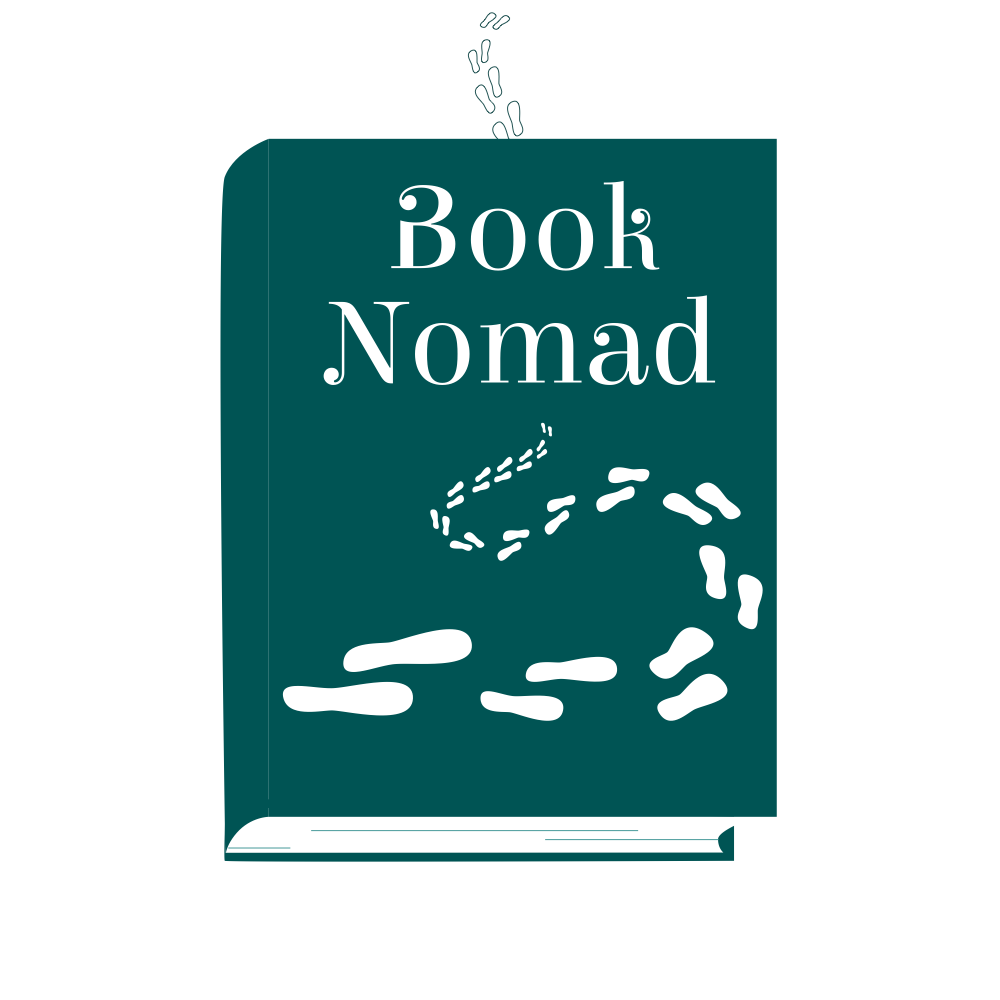This book has been a constant feature of my social media experience for over six months. Anyone who has come across it online has probably seen the associated rave reviews and my experience was no different. I wasn’t particularly interested in reading it at first, as I don’t generally pay much attention to celebrity memoirs – I don’t feel like they offer me much value, personally. However, the more I saw people talking about it, the more I thought perhaps there was something of interest in it after all. I added it to my mental “to-read” list (albeit pretty far down that list) and carried on. Then, I came to be looking for a new audiobook a few weeks ago and when I asked for recommendations on Instagram, this book was consistently chosen (and with great passion, I might add), so I went for it!
As far as the writing and narrative quality goes, I think it has been executed very well. The conversational style pulls the reader in immediately, but it is still told in a way that is clear and informative, particularly when it comes to the information around society at that time. The book is generally organised well and is easy to follow. There were a couple of times when I was a bit confused about what had happened first as it is not told entirely chronologically, but I got the general idea.
I’m glad I ended up listening to this one as an audiobook. Trevor Noah did an excellent job of narrating; his tone was engaging and fluid and at no point did it sound like he was reading (which is not always the case with authors who narrate their own books). The real value for me, though, was in his reading of the many, many instances of non-English words and phrases! I feel like so much would have been lost if I hadn’t had the pleasure of hearing them rather than just reading them on the page. This is compounded by the fact that his multilingual abilities played a central role in his story. His different voices for different characters and types of character were also quite amusing and added to my enjoyment.
As I mentioned, I’m not one to read memoirs by celebrities just because they are celebrities. So my purpose in reading this book was not really to find out about his life for the sake of it. I occasionally watch clips from The Daily Show and sometimes I find them amusing, but I’m not a particular fan of his (and I much preferred Jon Stewart’s style – we all have our preferences!). Having said that, the story of his life with his mother – this was the core of this book – was emotionally engaging and educational. I liked the images he conjured of his various living situations, the relationships with his different relatives, and the way his mother navigated a hostile society and made her way through it all. I think one of most striking parts, for me, was the way his mother dealt with her husband’s abuse and especially how the police responded (or didn’t) to her reporting it. The isolation and betrayal she felt in those moments must have been excruciating.
The most educational and interesting part for me, though, was gaining a personal perspective on life in apartheid South Africa and how it worked at both a systematic and day-to-day level. I haven’t read much about this topic so when I decided to read Born a Crime this was the main topic I hoped to learn from it – and it didn’t disappoint! The structures in place in society at the time are described in an accessible and clear way and contextualised in his lived experiences. I found the part explaining the various groups that the apartheid government had created to separate society especially fascinating – he effectively demonstrated how calculated and artificial the whole system was. The best example was when he talked about how Japanese residents were allocated to the “White” category, while the Chinese were “Coloured” – how would a normal policeman who sees a man sitting on a “Whites only” bench possibly be able to distinguish whether a person was Japanese or Chinese, he asks!
Another major theme of the book, thanks to Noah’s mother’s deep faith and committed practice of it, was religion. Noah describes the various churches they would attend every Sunday, the trouble they went through to get there and the way his mother’s faith was a central part of her everyday life. At times, he talks about his child self’s questioning of this faith, due to the perceived inconvenience it caused him on a Sunday, and it sounds like something a child might think and say. However, apart from these moments, I felt like there was occasionally a slightly sarcastic undertone to the way he narrated these parts of the story that was not particularly pleasant. He is Christian himself, but I assume he doesn’t practise in the same way his mother did.
On a side note, I just looked him up and discovered that his mother converted to Judaism and this is said to be mentioned in the book. I definitely didn’t hear that so now I’m wondering whether the audiobook missed some parts of the original or if my audiobook player malfunctioned!
All in all, although I didn’t find it as funny as many did, I thought this book was easy and enjoyable (for the most part) to listen to and an educational inside view of life under an apartheid government as a half-Black, half-White man with a mother whose goal was to make sure they didn’t hold him back.


0 Comments